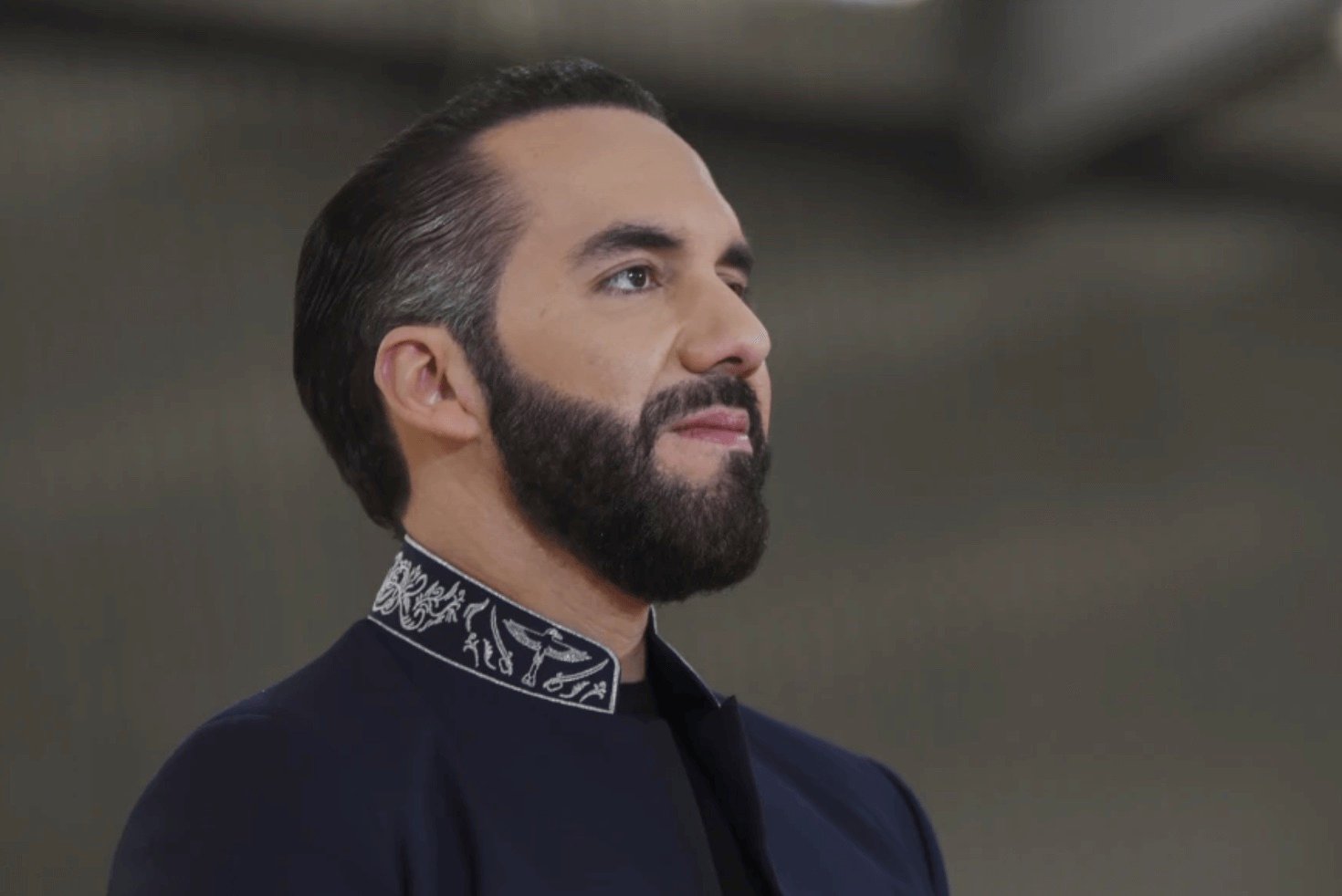The Catholic Church in El Salvador has taken a strong stance against President Nayib Bukele’s proposal to repeal the country’s 2017 law prohibiting metal mining. The Church, led by San Salvador Archbishop José Luis Escobar Alas, has emphasized the potential for irreversible environmental and human harm if mining is resumed, citing concerns about deforestation, soil erosion, and water and air pollution.
Church’s Concerns:
- Environmental Impact: Archbishop Escobar warned that mining could exacerbate deforestation and soil erosion, while pollution from toxic substances like cyanide and mercury would have long-lasting effects on the country’s ecosystems.
- Health Risks: The Church highlighted the potential for increased cases of illness and premature deaths, particularly among vulnerable populations. Escobar specifically mentioned existing issues with kidney failure linked to water contamination, which could worsen with mining operations.
- Moral and Social Responsibility: The Church invoked Pope Francis’ encyclical Laudato Sí’, calling for sustainable policies that prioritize human dignity and environmental stewardship over economic gains.
President Bukele’s Perspective:
In his announcement, Bukele argued that El Salvador’s total ban on metal mining is unique and unnecessarily restrictive. He claimed that modern mining techniques could responsibly harness the country’s estimated 50 million ounces of gold, which he values at $131.565 billion—equivalent to 380% of the nation’s GDP. He envisions this wealth driving infrastructure, creating jobs, and fostering economic development.
Bukele framed the potential repeal as a path to unprecedented national progress, emphasizing that these resources are a “God-given treasure” that can be used sustainably.
The Broader Debate:
This disagreement underscores a tension between economic ambitions and environmental ethics:
- Proponents of mining argue that modern technology can mitigate ecological damage and that the wealth generated could uplift the nation.
- Opponents caution that the risks to health and the environment, especially in a small and densely populated country like El Salvador, could outweigh the economic benefits.
Outlook:
The Church’s firm opposition signals potential public resistance to Bukele’s plans, as many Salvadorans have already expressed concerns about mining’s environmental and social consequences. This debate is likely to intensify, with environmental groups, civil society, and political entities joining the discussion.
The Church’s appeal for “ways to economic development without harming life and health” calls for innovative solutions that balance economic growth with the preservation of El Salvador’s fragile ecosystems and public health. Whether the government will reconsider or proceed with mining remains to be seen.






0 Comments